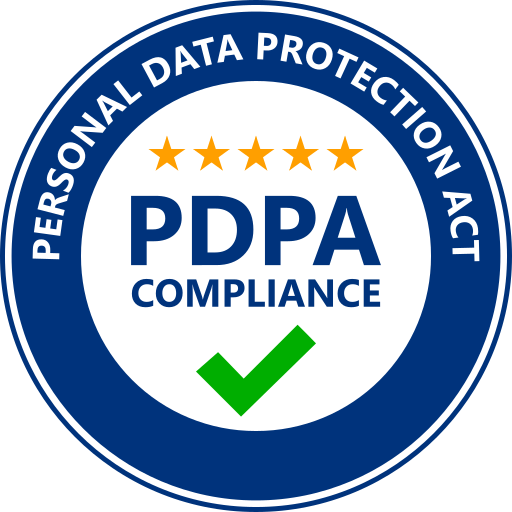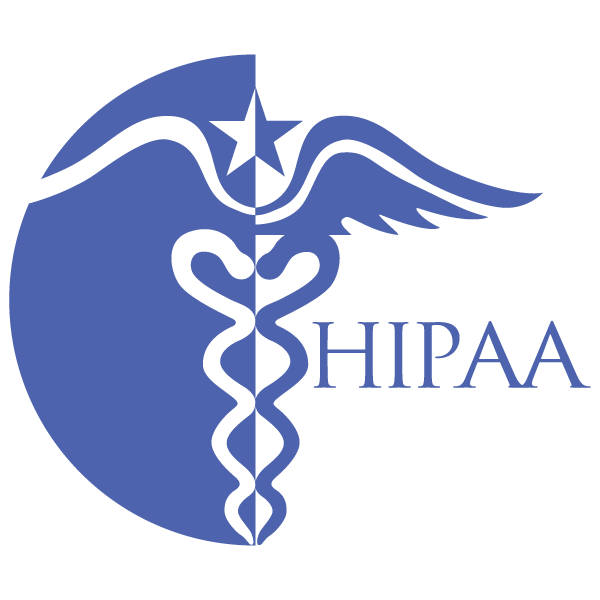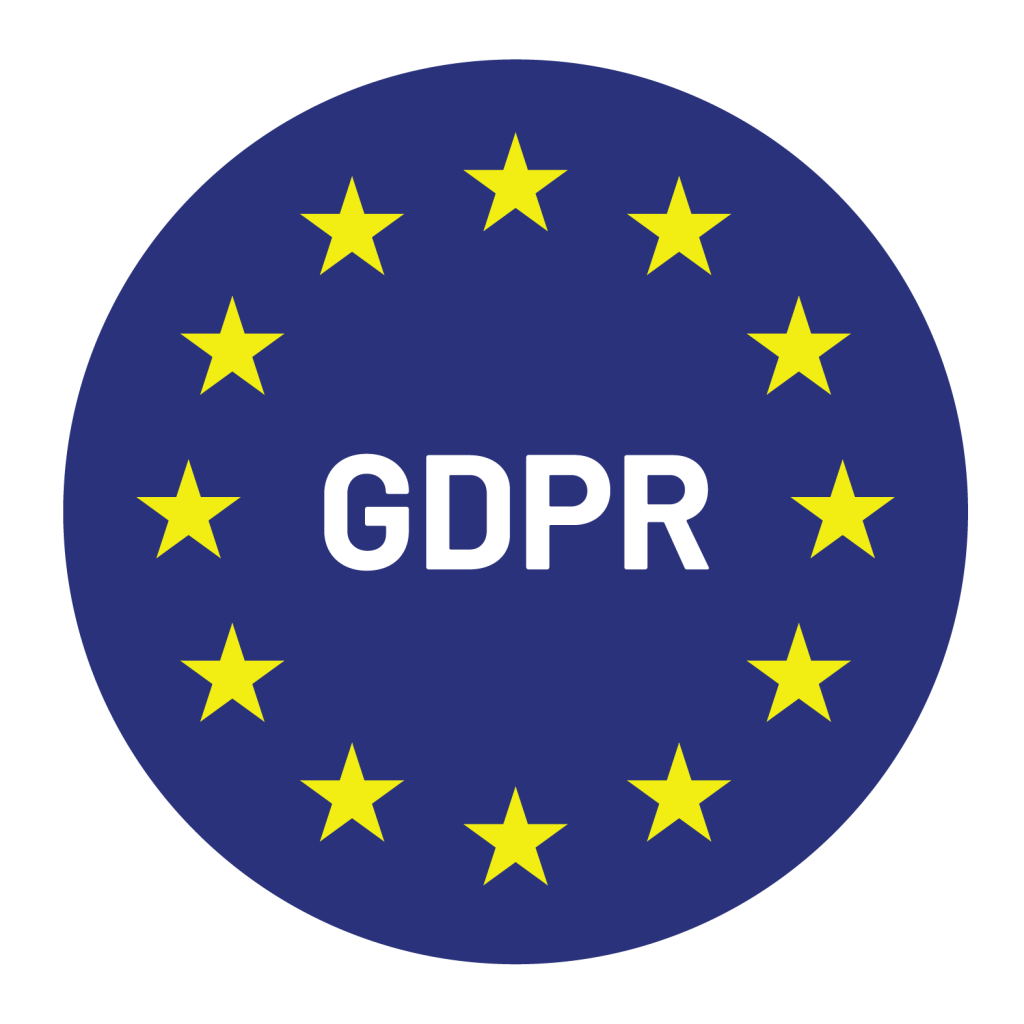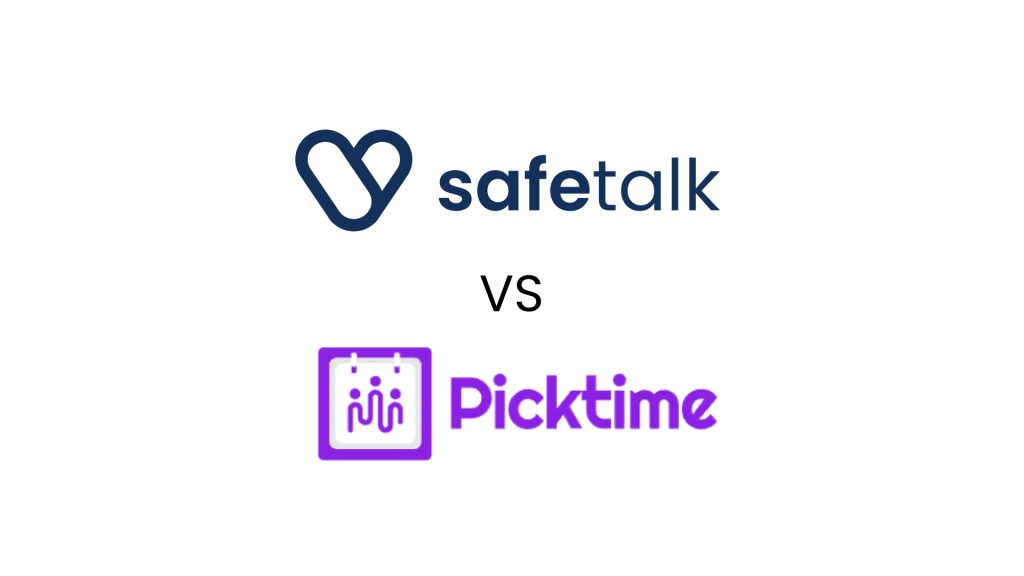In today’s digital world, where data flows endlessly across the internet, protecting the privacy of your clients is more than just good practice – it’s a legal requirement. As a therapist, you handle some of the most sensitive information out there, and clients trust us to keep it safe. Regulations like the PDPA in Malaysia & Singapore, HIPAA in the U.S., and GDPR in Europe are designed to ensure that sensitive information is protected from misuse or unauthorized access.
Why Data Privacy Matters for Therapists
Therapists handle deeply personal information: mental health histories, trauma narratives, and medical records. A breach could harm clients and destroy professional credibility. In Southeast Asia, where digital adoption is soaring, understanding regional laws is critical. So, how do we, as a mental health professional or therapy solutions providers, navigate these regulations effectively? The key is to understand the specific requirements of these laws and ensure that your practice is fully compliant.
Understanding Key Regulations

PDPA (Personal Data Protection Act – Malaysia/Singapore)
What it covers: Applies to all organizations collecting personal data in Singapore & Malaysia. “Personal data” includes names, NRIC numbers, health records, and session notes.
Key requirements:
- Therapists must obtain explicit consent from clients before collecting their data.
- Clearly inform clients why their data is collected and how it will be used.
- Implement robust security practices, encryption, access controls to safeguard personal data against unauthorized access or misuse
- Ensure data is not kept longer than necessary and is properly disposed of when no longer needed.
Practical Tips for Compliance:
- Encrypt devices storing client data (laptops, phones) & use PDPA-compliant service providers only
- Draft clear consent forms explaining how data will be used/stored
- Avoid sharing case notes via unsecured channels like WhatsApp
In Singapore, organizations do not need to register with the Personal Data Protection Commission (PDPC) to comply with the PDPA. However, they are legally required to adhere to the PDPA’s data protection obligations, such as obtaining consent, ensuring data accuracy, and implementing security measures
More information on PDPA Singapore’s official website: PDPA Singapore
In Malaysia, organizations must register with the Personal Data Protection Department (JPDP) if they process personal data for commercial purposes. Failure to register can result in penalties.
Any organization (including therapy practices) that collects, processes, or stores personal data for commercial transactions must register. This includes sole proprietors, partnerships, and companies.
How to register: Visit the JPDP website and complete the registration process
More information on PDPA Singapore’s official website: PDPA Malaysia

HIPAA (Health Insurance Portability and Accountability Act – U.S.)
Legally, HIPAA applies only to US-covered entities, but if you work with US clients (e.g., via telehealth) or use US-based tools (e.g., Google Workspace, Zoom for Healthcare), you may need HIPAA compliance. We highly recommend always relying on HIPAA-compliant platforms, even if your practice is outside of US, as HIPAA is widely regarded as the perfect standard for safeguarding therapist and client data.
Key HIPAA Requirements:
- Protected Health Information (PHI): Safeguard any patient data that can be used to identify an individual.
- Privacy Rule: Restricts who can access patient information, emphasizing patient consent and confidentiality.
- Security Rule: Enforces the use of technical, physical, and administrative measures to protect electronic health information.
- Breach Notification: Requires notifying affected individuals and authorities in the event of a data breach.
Tools to Consider: HIPAA Compliant Telehealth Platforms like Doxy for online sessions
Visit HIPAA’s Official Website for more information

GDPR (General Data Protection Regulation – Europe)
The General Data Protection Regulation (GDPR) is a comprehensive EU law that protects the personal data and privacy of individuals within the European Union and the European Economic Area, requiring organizations worldwide to comply if they process EU residents’ data. Use GDPR-compliant tools if dealing with EU clients.
Key GDPR Requirements:
- Consent Requirements: Requires clear and affirmative consent for collecting personal data, with the right to withdraw at any time.
- Right to Access and Erasure: Clients have the right to request access to their data and ask for its deletion (the “Right to be Forgotten”).
- Data Minimization: Only collect the data necessary for specific purposes and limit its use to those purposes.
- Accountability and Compliance: Organizations must demonstrate compliance with GDPR principles, including regular audits and data protection officers (DPOs).
Visit GDPR Official Website for more information
3 Basic Steps to Launch a Privacy-Focused Practice
- Map Your Data Flow: Identify where client data is stored (notes, emails, payment systems) & make sure you are storing the data using the right security policies in place OR only use 3rd party tools that provide maximum data privacy
- Adopt a Privacy Policy: Privacy Policy templates are available on Singapore’s PDPC or Malaysia’s PDP Department, US’s HIPAA & Europe’s GDPR. Download them and include them on your website & as a part of your Intake or Consent Forms
- Secure Your Devices & Data Access: Protect your accounts & Devices using Two-Factor Authentication: Learn more here
Data privacy is non-negotiable in therapy. By aligning with PDPA, HIPAA (where relevant), GDPR and adopting proactive safeguards, you protect clients and your practice’s reputation

How SafeTalk Ensures Privacy Compliance
At SafeTalk, protecting your data is our top priority. Here’s how we help you stay compliant with privacy regulations:
- Data Encryption: All client information, session notes, and communications are encrypted both in transit and at rest.
- Access Controls: Robust mechanisms are in place to ensure only authorized users access sensitive data.
- HIPAA-Certified Team: Our team includes HIPAA-certified professionals who manage and safeguard your data
- Compliance and Storage: SafeTalk stores data in full compliance with HIPAA and PDPA standards
- Transparency: We clearly outline how we use your data. Refer to our Privacy Policy for more details.
Staying compliant with privacy laws might seem daunting, but with the right tools and practices in place, it can be manageable. Choosing SafeTalk, allows you to keep your practice secure, compliant, and thriving in the digital age.





